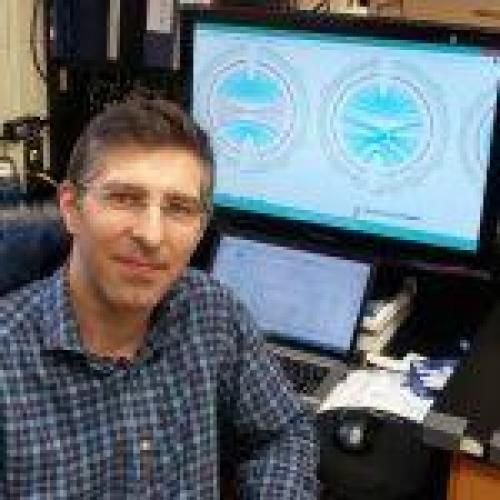Dynamic genome plasticity during unisexual reproduction in the human fungal pathogen Cryptococcus deneoformans.
Genome copy number variation occurs during each mitotic and meiotic cycle and it is crucial for organisms to maintain their natural ploidy. Defects in ploidy transitions can lead to chromosome instability, which is a hallmark of cancer. Ploidy in the haploid human fungal pathogen Cryptococcus neoformans is exquisitely orchestrated and ranges from haploid to polyploid during sexual development and under various environmental and host conditions. However, the mechanisms controlling these ploidy transitions are largely unknown. During C. deneoformans (formerly C. neoformans var. neoformans, serotype D) unisexual reproduction, ploidy increases prior to the onset of meiosis, can be independent from cell-cell fusion and nuclear fusion, and likely occurs through an endoreplication pathway. To elucidate the molecular mechanisms underlying this ploidy transition, we identified twenty cell cycle-regulating genes encoding cyclins, cyclin-dependent kinases (CDK), and CDK regulators. We characterized four cyclin genes and two CDK regulator genes that were differentially expressed during unisexual reproduction and contributed to diploidization. To detect ploidy transition events, we generated a ploidy reporter, called NURAT, which can detect copy number increases via double selection for nourseothricin-resistant, uracil-prototrophic cells. Utilizing this ploidy reporter, we showed that ploidy transition from haploid to diploid can be detected during the early phases of unisexual reproduction. Interestingly, selection for the NURAT reporter revealed several instances of segmental aneuploidy of multiple chromosomes, which conferred azole resistance in some isolates. These findings provide further evidence of ploidy plasticity in fungi with significant biological and public health implications.
Duke Scholars
Published In
DOI
EISSN
Publication Date
Volume
Issue
Start / End Page
Location
Related Subject Headings
- Reproduction
- Ploidies
- Mitosis
- Meiosis
- Genes, cdc
- Genes, Reporter
- Genes, Fungal
- Developmental Biology
- Cryptococcus neoformans
- 3105 Genetics
Citation
Published In
DOI
EISSN
Publication Date
Volume
Issue
Start / End Page
Location
Related Subject Headings
- Reproduction
- Ploidies
- Mitosis
- Meiosis
- Genes, cdc
- Genes, Reporter
- Genes, Fungal
- Developmental Biology
- Cryptococcus neoformans
- 3105 Genetics





